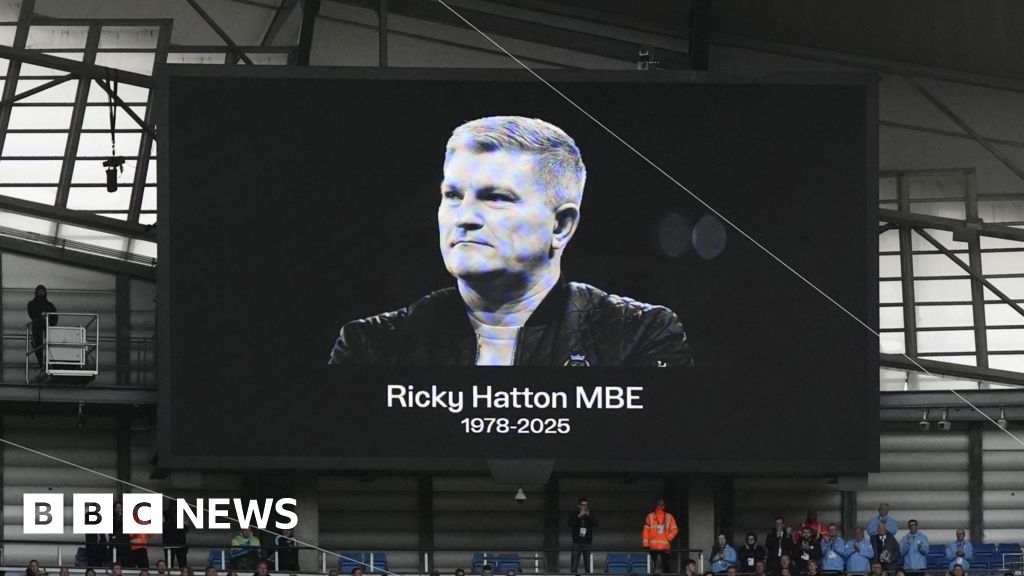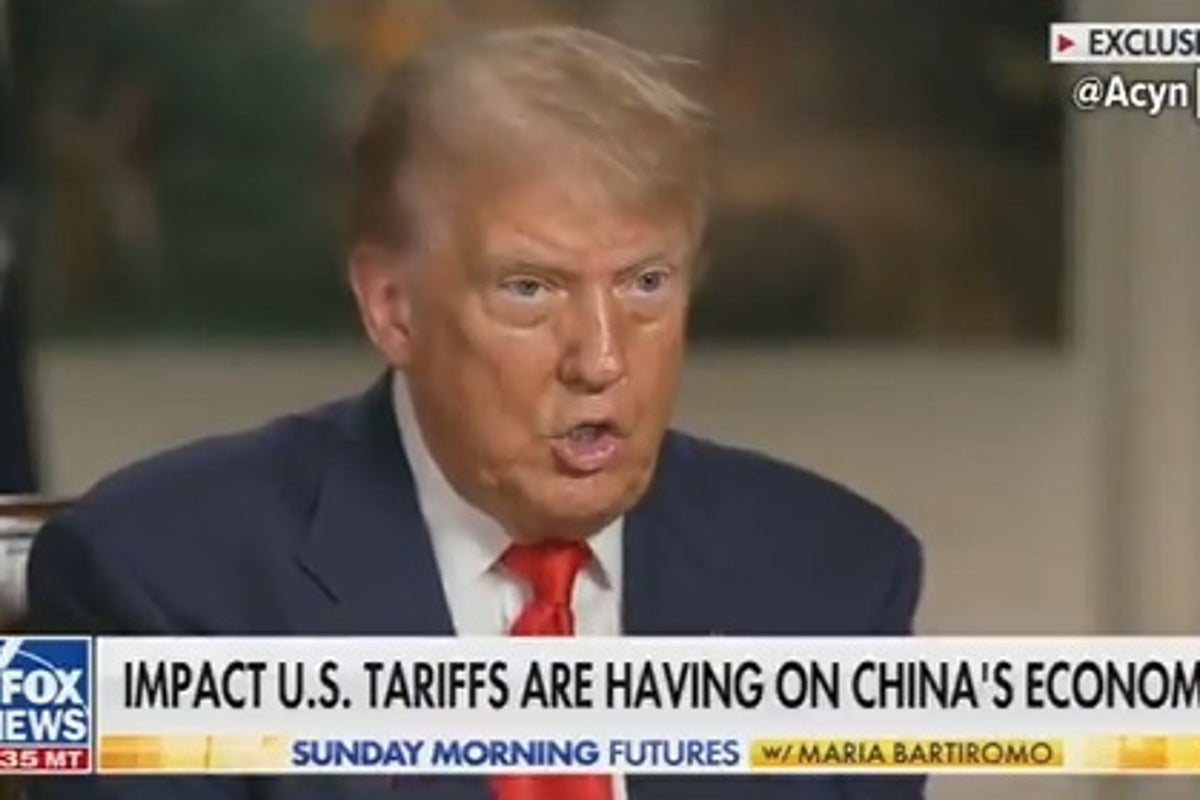Donald Trump showed no signs of having made progress towards his goal of making 90 trade deals in 90 days on Sunday, an ambitious target he set earlier this year while slapping sizable so-called “reciprocal” tariffs on many U.S. trading partners.
But he did vow to pen personalized letters to the leaders of foreign nations explaining his positions as he continued making demands of some of the country’s closest allies.
His comments came on Sunday as part of an interview with Maria Bartiromo on Fox News’s Sunday Morning Futures. They followed another difficult week for U.S. companies now dealing with the news that trade negotiations have completely broken down with Canada, the U.S.’s northern neighbor and top export market.
In the interview, Trump seemed to imply that the tariff arrangements he was setting unilaterally in the White House would satisfy his definition of a “trade deal” absent an actual, formal agreement between the U.S. and a foreign country. The 90-day deadline would fall on July 8, just over a week away.
“I’m going to send letters, that’s the end of the trade deal,” the president told Bartiromo, after she asked for “clarity” regarding the end of his 90-day freeze on the reciprocal tariffs. Up until now, the president has not made clear whether he will extend any of the pauses or put back into place his steep import duties on foreign goods, leveled at individual rates for dozens of countries.

“You’re gonna send the letters,” Bartiromo repeated.
Describing his intented message to Japan, a frequent target of his trade-related complaints, Trump dictated: “Dear Mr. Japan, here’s the story. You’re going to pay a 25% tariff on your cars.”
Trump’s will-he-won’t-he attitude on the reciprocal tariffs thus far was reported to have earned him a nickname on Wall Street earlier this year — TACO, which supposedly stands for Trump Always Chickens Out. The president’s initial rollout of hefty tariffs on top of his earlier 10% across-the-board import duties sent markets into a tailspin, only for them to surge back into the green with the White House’s announcement of a three-month pause.
As that time frame has gone by, however, it’s become clear that the White House appears to have made little progress towards securing agreements with trading partners. The UK and US announced an agreement in May, marking an exception to that trend, but issues remain around the imports of steel and aluminum.
The only other exception to the White House’s stalled negotiations appears to be China. U.S. and Chinese officials announced the framework of another trade agreement this past week, but details about what was secured in the deal remain sparse.
Treasury Secretary Scott Bessent said on Fox Business Network that the U.S. secured an end to trade barriers surrounding China’s supply of rare earth minerals.
China’s commerce ministry said in its own statement, according to the AP: “China will, in accordance with the law, review and approve eligible export applications for controlled items. In turn, the United States will lift a series of restrictive measures it had imposed on China.’’
Most US economists agree that consumers will face price hikes as a result of the tariffs snapping back into place, and could also see unemployment rise at the same time, a dynamic known as “stagflation”.
The Commerce Department revealed in a report this past week that the U.S. economy shrank by 0.5%, worse than expected, as a result of tariff-related disruptions in the spring.



